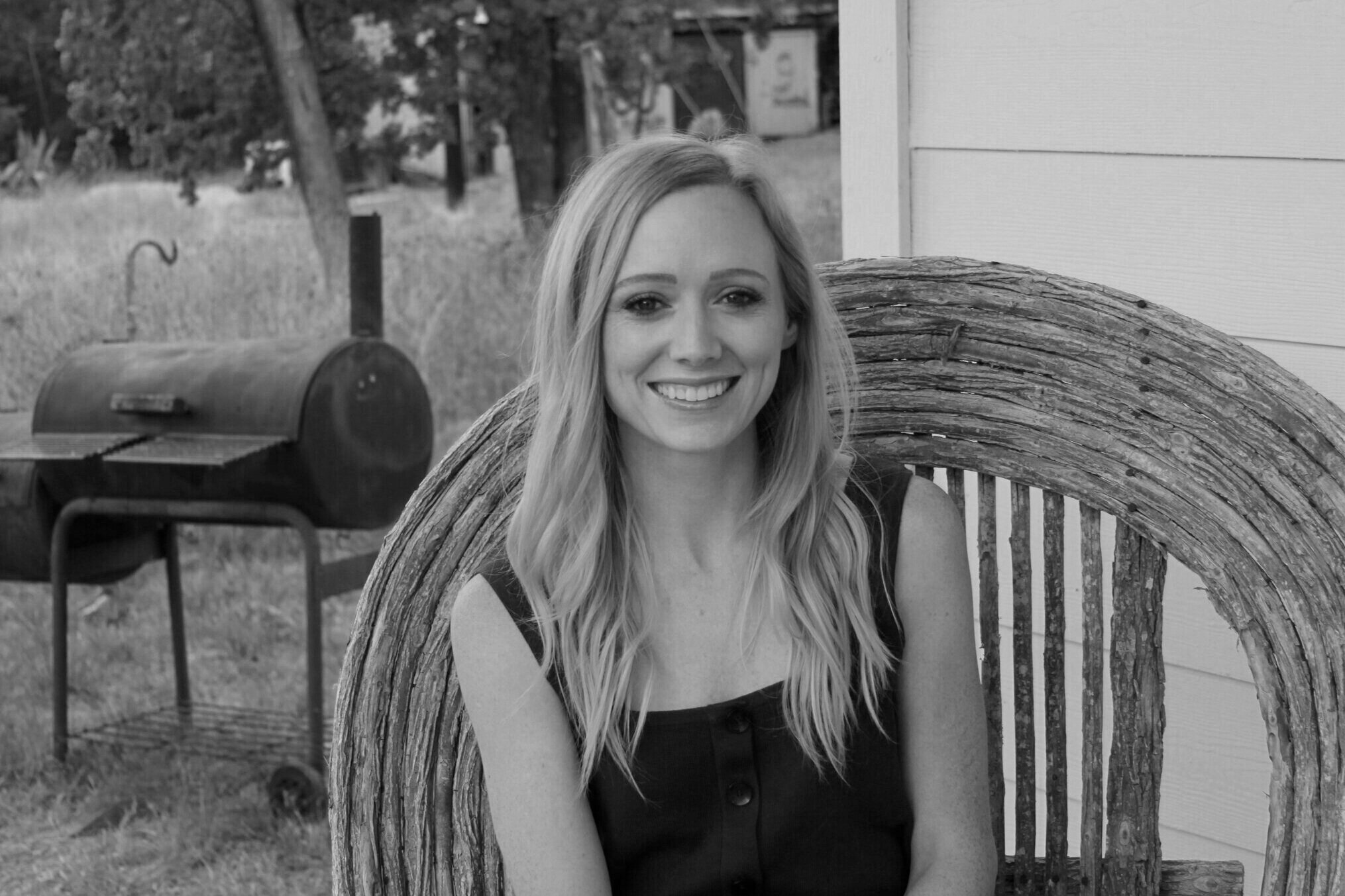It is evident that as the temperatures drop and decorations fill the store aisles, the holidays are among us. I’m intrigued by the varied reactions I both observe and experience as Thanksgiving quickly happens. I witness people become giddy with excitement as scarves and hats become accessories again, and they can access all things pumpkin & peppermint. Others may grumble with sarcasm or dread at the planning & obligations that will soon be approaching. And interestingly enough, these varied responses may coexist within us; the nostalgia of the holidays may be simultaneously met with hurt, sadness, and grief. So why is it that the time of year that is meant to be the most joyous, is also the most dreaded?
Throughout our lives, we unconsciously attach feeling-laden meanings to people, places, things & events. We may recall the holiday season growing up as joyous & exciting, or perhaps it was disappointing & drama filled. We may notice feeling depressed or very excited or both. The point being, our early experiences still impact our reactions to the here & now. Just as the smell of my mother’s cooking emits a certain fondness, there is also a tinge of anxiety that rolls through me, as I recall the arguing that was typically taking place in the kitchen or the dinner table. Therefore, as an adult, I may become overly defensive or sensitive as I help my mother in the kitchen, not aware that I am reacting to old hurts or fears that I may still need some healing around. Over the years these internal responses develop and unless or until we address the underlying wound, we will most likely continue to respond unconsciously.
This does not mean that we now have the immediate & daunting task of uncovering all of our childhood wounds before Christmas morning. It may take some time for us to identify and flush out some of these unconscious ways of being, just as they may have taken years to develop in the first place. Our adult challenge is to maintain connection without falling into reactivity and unconscious patterns.
I find accessing compassion & curiosity to be particularly useful when interacting with difficult people. I’m aware that this can be difficult to even entertain, but we did not grow up in an isolated vacuum. Not only do we have years of holidays behind us, but our parents, and grandparents do as well. What were their traditions and experiences? Do they have their own apprehensions about family and the holidays that they masked with a bottle of wine as they tried to create joyful memories for us? I may grow anxious as the oven timer goes off because of the drama that often ensued around this time, but what could my mother be unconsciously reacting to from her past holidays? When we can see our parents and grandparents as people with their own stories, memories, and struggles, we are able to move toward identifying with them on a human level, which then allows for compassion and connection.
One way of opening up to compassion for our family is by learning more about what came before us. We can access our own curiosity, ask questions, and encourage our grandparents and parents and aunts and uncles to share their holiday stories. You may develop a much better understanding of how things became the way they are and you may end up hearing some great memories that elicit laughter and new traditions. Finding the humor in it all can also create connection and bring in new perspective.
I always enjoy watching holiday movies that we can all identify with on certain levels, but that ultimately make us laugh. Home for the Holidays is one of my favorites. It is also a great example of how our old ways of adapting still impact how we respond in the here and now.











